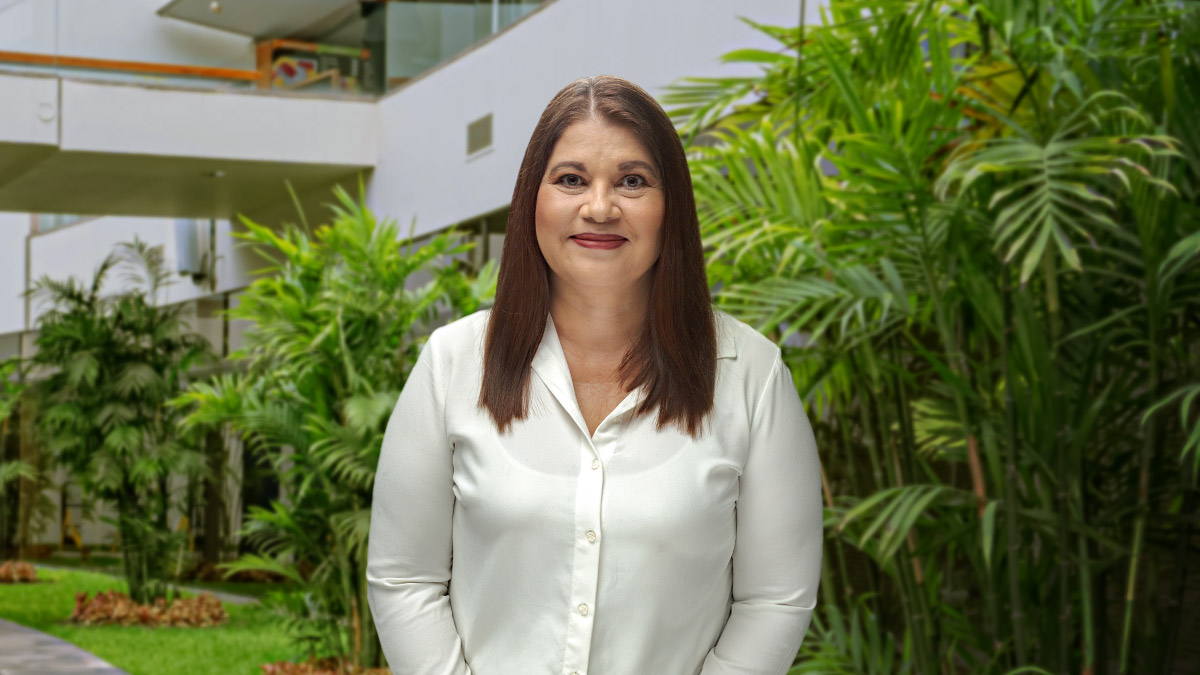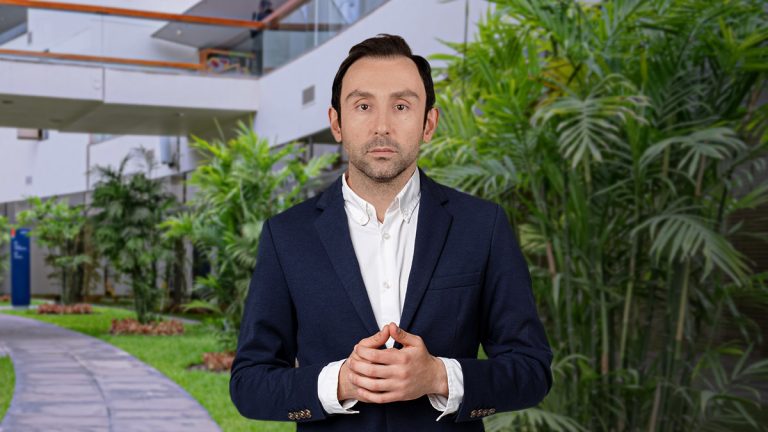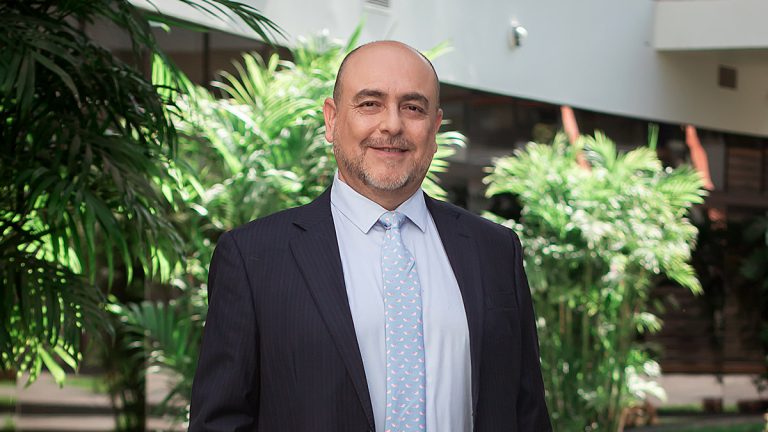Abstract
Purpose
The challenges facing 21st-century society are becoming increasingly complex, requiring the development of new citizen competencies. This study aims to validate an educational model focused on developing complex thinking in higher education students. Current educational models lack future-ready competencies, necessitating the emergence of new models to guide future generations toward the common good.
Design/methodology/approach
This was an adaptation of the causal-layered analysis (CLA) applied to 415 participants from higher education institutions in Mexico, Panama and Spain. Sessions were designed to present the proposed educational model and explore participants’ perceptions of its significance and contributions to future education.
Findings
Key findings include the following: participants perceived complexity as difficult and challenging; causes of problems were linked to outdated educational models requiring replacement by those that develop students’ competencies; participants envisioned changes that would develop individuals capable of understanding and transforming society; and participants recognized the model’s transformative potential, offering a novel proposal for 21st-century education.
Originality/value
This research sought to gather opinions from different stakeholders using the CLA methodology, providing a deep understanding of participants’ perspectives on the proposed solution.



